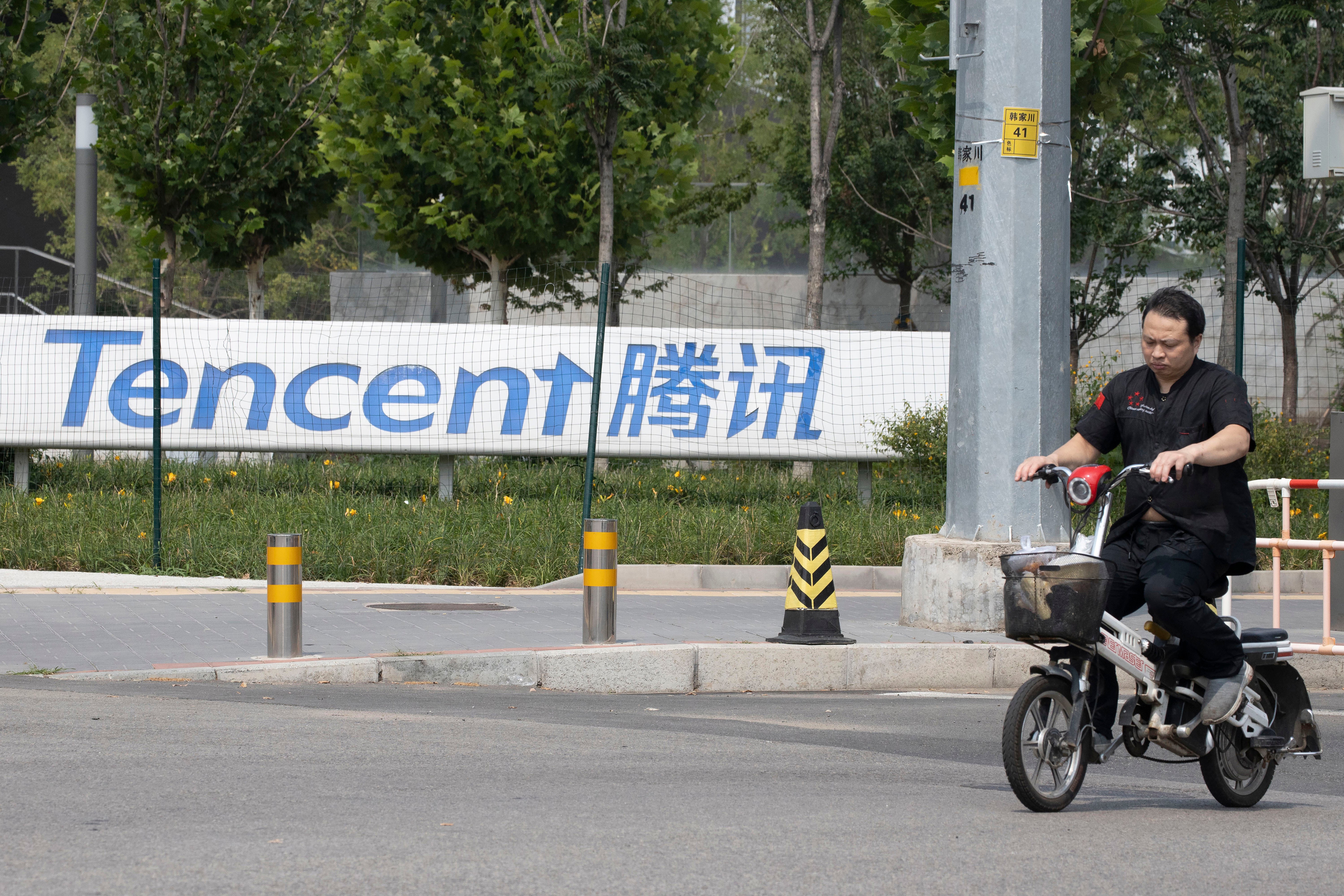China summons technology firms over voice software security
Chinese authorities have summoned 11 companies including Alibaba and Tencent for talks about security of voice technology, as Beijing steps up scrutiny over the internet sector

Chinese authorities summoned 11 companies including Alibaba and Tencent for talks regarding the security of voice software, as Beijing steps up scrutiny over the internet sector.
The internet watchdog the Cyberspace Administration of China said Thursday that the talks were about security assessments of technology used in voice-based social media and deepfake technology that can potentially manipulate and create synthetic audio content of people speaking.
The move comes as authorities in recent months have increased oversight over technology firms in the country, over concerns of anticompetitive behavior. Twelve technology companies, including Tencent and Baidu, for were fined for flouting anti-monopoly rules.
Companies called in for talks with the CAC included smartphone maker Xiaomi TikTok parent company Bytedance and live-streaming firm Kuaishou.
Authorities urged them to comply with cybersecurity laws and conduct security assessments, improve risk prevention and control and “take effective rectification measures” for any previously unknown safety hazards.
The meeting also comes after China banned audio social media platform Clubhouse last month after Chinese users engaged in real-time discussions about political topics such as a crackdown on Uyghurs in the northwestern Xinjiang region. Chinese equivalents of Clubhouse have since sprung up in the Chinese market, with companies like Xiaomi relaunching a messaging app into a similar audio-social media platform.
China in 2019 banned online video and audio providers from using artificial intelligence technologies to produce “fake news” that authorities deem to be untrue.
Bookmark popover
Removed from bookmarks